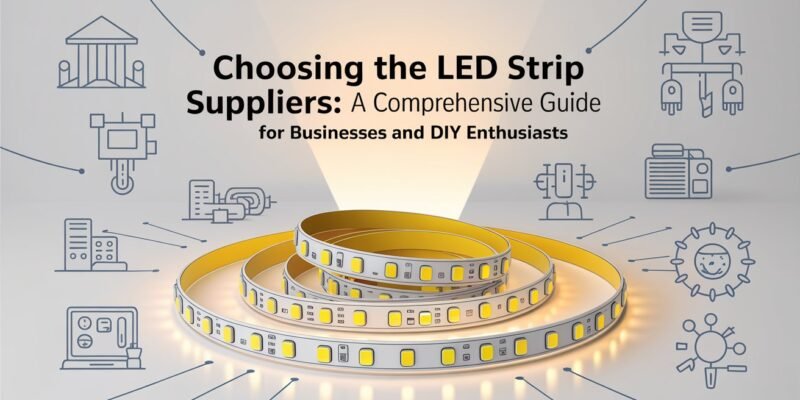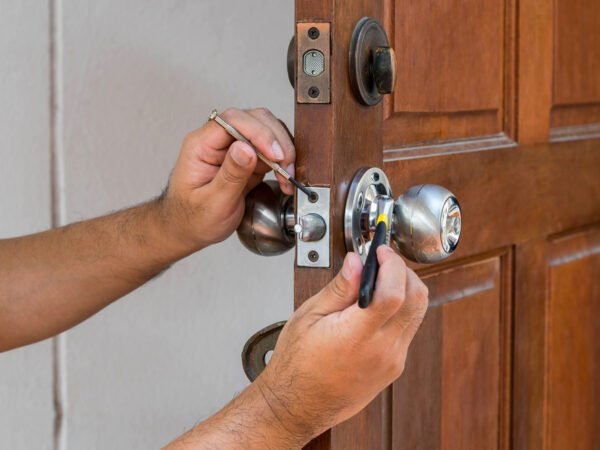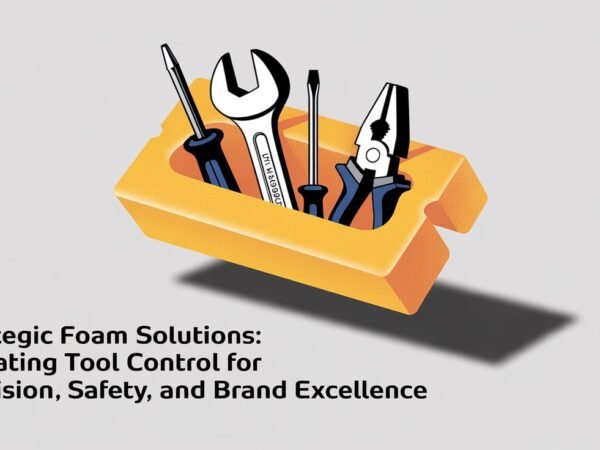The demand for energy-efficient and customizable lighting solutions has grown exponentially in recent years, with LED strip lights emerging as one of the most versatile options. Whether used for residential décor, commercial displays, or industrial applications, LED strips offer flexibility, energy savings, and aesthetic appeal. However, the quality of your lighting project largely depends on choosing the right LED strip suppliers.
In this detailed guide, we’ll explore how to select the best suppliers, what factors to consider before making a purchase, and why building long-term relationships with reliable partners can enhance your business or personal lighting projects.
Why Quality LED Strip Suppliers Matter
LED strip lights may appear similar across different brands, but their performance, durability, and efficiency vary significantly depending on the quality of production. Reputable LED strip suppliers use premium chips, reliable drivers, and robust materials to ensure longer lifespans and consistent brightness.
Poor-quality suppliers, on the other hand, often cut corners by using low-grade components. This can result in flickering lights, color inconsistencies, or even safety hazards due to overheating. If you run a lighting business or work on professional installations, choosing the wrong supplier can result in customer complaints, returns, and financial losses.
By sourcing from trustworthy LED strip suppliers, you ensure:
- Better product consistency – essential for large-scale or repeated projects.
- Compliance with international safety standards.
- Technical support and warranty coverage.
- Access to updated LED technologies, such as smart lighting integration.
Types of LED Strip Suppliers
Not all suppliers operate the same way. Understanding the different types will help you make better sourcing decisions.
Manufacturers
These are companies that design and produce LED strips directly from their factories. Choosing an LED Strip manufacturer can often result in lower prices, bulk discounts, and more customization options. However, working with manufacturers might require higher minimum order quantities.
Wholesalers
Wholesalers purchase large quantities of LED strips from manufacturers and sell them to retailers or end-users. They are ideal for smaller businesses that do not need massive quantities but still want competitive pricing.
Distributors and Retailers
Distributors stock multiple lighting brands and provide convenient access for small buyers or individual consumers. Retailers may charge higher prices compared to wholesalers or manufacturers, but they typically offer better customer service and more immediate stock availability.
OEM/ODM Suppliers
OEM (Original Equipment Manufacturer) and ODM (Original Design Manufacturer) suppliers are best suited for businesses looking to create custom-branded LED strips. These LED strip suppliers allow you to personalize packaging, design, and product specifications.
Key Factors to Consider When Choosing LED Strip Suppliers
Selecting the right supplier involves more than just comparing prices. Here are crucial factors to evaluate:
Product Quality and Certification
Look for LED strip suppliers that provide certifications such as CE, RoHS, UL, or ISO9001. These certifications ensure compliance with safety and environmental standards. Verify the brightness (measured in lumens per meter), color rendering index (CRI), and lifespan claims by requesting samples to verify brightness, heat dissipation, and adhesive quality.
Variety of Product Options
A reliable supplier should offer a wide range of products, including:
- Different color temperatures (warm white, cool white, RGB, RGBIC)
- Voltage options (5V, 12V, 24V)
- Waterproof ratings (IP20, IP65, IP67, IP68)
- Smart lighting compatibility (Wi-Fi or Bluetooth control)
A diverse product catalog is essential if you plan to expand your business offerings.
Customization Capability
For business branding, select LED strip suppliers that offer customization options for color temperature, PCB width, length, and packaging. Custom solutions can give you a competitive advantage.
Pricing and Minimum Order Quantity (MOQ)
Compare quotes from different suppliers and check whether they have flexible MOQs. While manufacturers may offer better unit pricing for bulk orders, wholesalers are better suited for smaller purchases.
Delivery Time and Logistics Support
Reliable shipping and accurate lead times are crucial for businesses with strict project deadlines. Some suppliers provide global warehouses for faster delivery.
Technical Support and Warranty
Top LED strip suppliers offer comprehensive after-sales support, detailed installation guides, and at least a one-year warranty coverage. Always ask about replacement policies for defective products.
Reputation and Reviews
Search for online reviews, testimonials, and case studies. Long-established suppliers with positive feedback are more likely to deliver consistent quality.
How to Find Reliable LED Strip Suppliers
If you are new to the lighting industry, sourcing trustworthy suppliers can feel overwhelming. Here are some practical tips:
Attend Lighting Trade Shows
Events such as the Hong Kong International Lighting Fair or Light + Building in Frankfurt are excellent places to meet reputable LED strip suppliers, compare products in person, and establish business relationships.
Use Online B2B Platforms
Websites like Alibaba, Global Sources, and Made-in-China list hundreds of suppliers. Always verify company profiles, request samples, and check for verified certifications before placing bulk orders to ensure quality and authenticity.
Network with Industry Professionals
Join online forums or professional groups where lighting contractors and retailers share recommendations on reliable suppliers.
Start with Small Orders
Before committing to large purchases, test the supplier’s product quality and delivery reliability by placing small trial orders.
The Benefits of Long-Term Relationships with LED Strip Suppliers
Building a stable partnership with a trustworthy supplier offers numerous benefits:
- Better Pricing: Long-term buyers often receive discounts and priority stock allocation.
- Consistent Product Quality: Suppliers are more likely to prioritize quality for repeat customers, as they recognize the value of maintaining a high standard.
- Exclusive Access to New Products: Trusted clients are usually the first to receive samples of new technologies.
- Simplified Communication: Established relationships lead to faster negotiations and problem-solving.
Common Mistakes to Avoid When Choosing LED Strip Suppliers
- Focusing Only on Price – Extremely cheap products often compromise on quality, resulting in frequent replacements and unhappy customers.
- Ignoring Certifications – Buying uncertified LED strips can lead to safety issues and legal problems in regulated markets.
- Not Checking Samples – Always test samples before placing a bulk order.
- Skipping Background Checks – Verify the supplier’s business license, factory location, and years of experience.
- Poor Communication – Unresponsive suppliers may cause shipment delays or misinterpretation of technical requirements.
Future Trends in the LED Strip Industry
When choosing LED strip suppliers, it’s also important to consider future market trends. Demand for energy-efficient, innovative, and environmentally friendly lighting is growing. Suppliers that invest in research and development are likely to remain competitive in the long run. Key trends include:
- Smart Home Integration: LED strips with Wi-Fi, Zigbee, or Bluetooth control are becoming standard.
- Higher Efficiency LEDs: New chips offer brighter light with lower power consumption.
- Eco-Friendly Materials: Suppliers are adopting recyclable materials and implementing RoHS-compliant production processes.
- Customized Decorative Lighting: Personalized lighting solutions for interior design and retail displays are gaining popularity.
Conclusion
Choosing the right LED strip suppliers is crucial for ensuring high-quality, reliable, and energy-efficient lighting solutions. Whether you are a business owner seeking bulk orders or a DIY enthusiast
Do Read: The Growing Role of BIM in Transforming Construction in the UK













